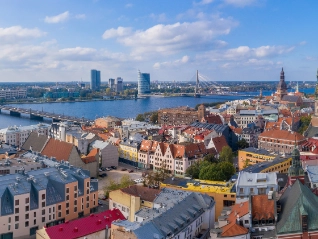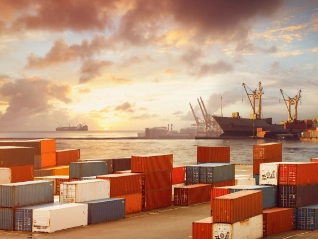Chcete se s námi spojit ohledně tiskových zpráv a publikací zveřejněných na stránkách Atradius? Kontakujte naše mediální zástupce.
Ing. Markéta Stržínková, Ph.D.
Generální ředitelka organizační složky pro ČR
Mob.: +420 775 735 190
Email: marketa.strzinkova@atradius.com
Případně se můžete spojit s našimi zahraničními kolegy z Atradius, kteří mají na starosti zveřejňování tiskových zpráv a publikací na celosvětové úrovni.
Atradius Corporate Communications
Dirk Hagener
Tel.: +31 205 532 626
Email: dirk.hagener@atradius.com
Atradius Group Marketing and Communication
Silvia Ungaro
Tel.: +39 3461433079
E-mail: silvia.ungaro@atradius.com
Se společností Atradius se můžete propojit také na sociálních sítích.
Twitter
https://twitter.com/atradius


































































